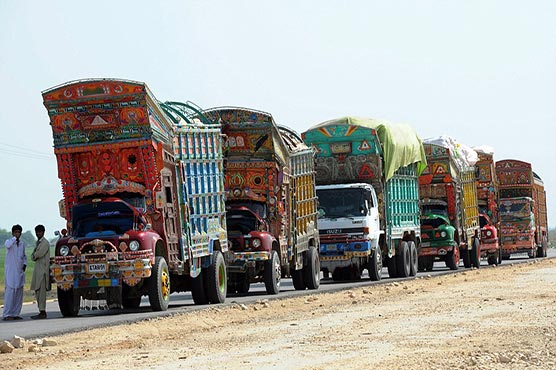Depleting Indus Delta
Indus delta is also known as the vertebra of Pakistan’s ecosystem and economy, Indus delta is 5th largest in the world and home to the 7th largest mangrove forest.
It forms where the mighty Indus River flows into the Arabian Sea, creating a complex system of swamps, streams and mangrove forests. A triangular piece of fertile land is created when the fast-flowing river deposits rich sediment as it empties into the sea.
However, dam construction and mismanagement of water by the government have significantly reduced river flows, causing the delta to shrink, and threatening both human life and its ecology. The absence of flowing freshwater allows seawater into the delta, destroying the soil and the aquifers, making it unfit for humans, animals, or crops.
Last year, The Third Pole reported that around 1.2 million people from the delta have already migrated to Karachi. For years, the communities in the delta have reported the loss of livelihood, an increase in disease, and forced migration to cities that are already densely populated.
There are acres of land where nothing can grow, and people are forced to remain only because they do not have the resources to migrate. Yet, despite pleas from the communities and compelling recommendations made by experts in a first-of-its-kind study published in 2018, not much has changed.
The study made some startling revelations. Among the most shocking discoveries is evidence that, over the last two centuries, the delta has shrunk by 92%. With the help of remote sensing and geospatial tools, the 15-month long study conducted by five university researchers found that nearly 60% of the tidal floodplain was barren, while 32% was under water.
Satellite images revealed that from 16% in 1990, the floodplain covered by mangroves had been reduced to 10%. By 2017, even with the concerted efforts of the government and conservationists, it increased to just 13%.
The study also found that 88.4% of the population of the delta lived below the poverty line, of which 31.4% were the "poorest of the poor". Many experts feel that taming the mighty Indus through dams and barrages was perhaps the biggest mistake.
Deltas need to be kept alive as they are biologically the most "productive places" in the world, due to their rich biodiversity which provides shelter and a natural breeding ground to migratory birds and animals. In addition, he said they provide a livelihood to millions of people both in and around the delta, especially those working in agriculture.
The report’s lead author said that for surface seawater intrusion, the construction of dykes and levees is very important. He added that this was among the demands of the local communities in the delta as it will provide them quick and easy access to the markets of Karachi.


Comments
Post a Comment